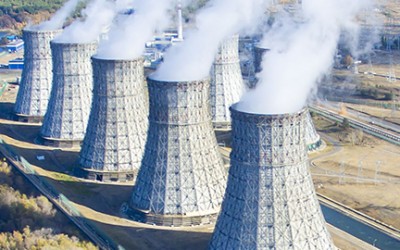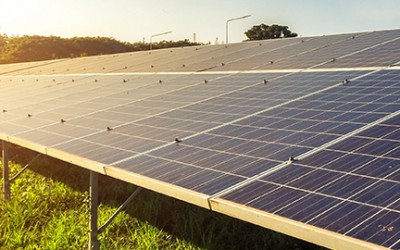Energy Program
The current unsustainable use of energy is the source of major environmental, social, and economic challenges. Energy Program research spans many domains, including research in energy security, energy and poverty, and energy-environment links, and adopts a holistic and integrated perspective. A main strength of the program is its ability to understand salient trade-offs and synergies between multiple policy priorities and objectives in different sectors.
Objectives
- Develop the next generation of the program’s integrated assessment Model for Energy Supply Strategy Alternatives and their General Environmental Impact (MESSAGE) with an improved representation behavioral change, uncertainty, and the energy-water-land nexus.
- Develop and quantify a new conceptual framework for energy poverty, moving from energy access to a broader definition of energy for human wellbeing.
- Research political factors and how they shape energy system transformations.
- Further establish the Energy Program as a leader in the scientific community, coordinating major international research projects and serving as a hub for important community datasets and services.
- Develop interactive web-based policy tools and hold regular stakeholder workshops, fostering the science-policy dialogue on energy sustainability.
- Establish a broad capacity-building platform with key partners from the G20 countries (with a focus on the co-benefits of climate and development policies).
Selected highlights
Shared Socioeconomic Pathways: Finding routes to sustainability
More >>
Energy and the Sustainable Development Goals
More >>
Guiding science and policy to robust climate action
More >>
Smart policies for sustainability
More >>
Adopting sustainable technologies: New methods for a new world
More >>
Why do renewables grow faster in some countries than others?
More >>






